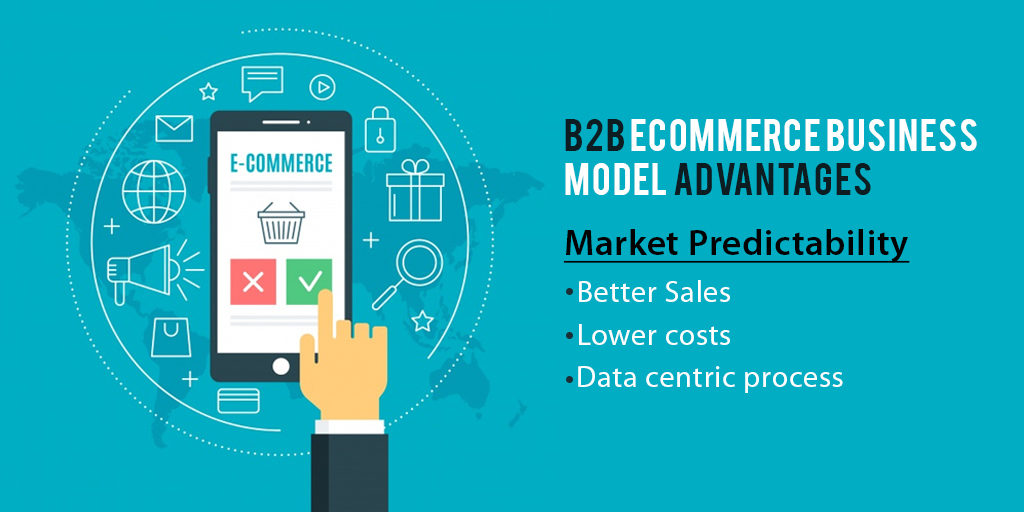A B2B business model is a type of business //www.turneringram.com/ that sells its products or services to other businesses, rather than to individual consumers. B2B businesses can be found in a wide variety of industries, including manufacturing, wholesale, retail, and technology.
There are many different types of B2B business models, but some of the most common include:
- Reseller: A reseller buys products from a manufacturer or wholesaler and then sells them to other businesses at a markup.
- Distributor: A distributor buys products from a manufacturer or wholesaler and then sells them to a variety of businesses, such as retailers, wholesalers, and other distributors.
- Service provider: A service provider provides services to other businesses, such as consulting, marketing, or IT support.
- Software as a service (SaaS): A SaaS company provides software that is hosted on the cloud and accessed by businesses via a subscription.
- E-commerce: An e-commerce company sells products or services online to other businesses.
Why choose a B2B business model?
There are many reasons why businesses choose to adopt a B2B business model. Some of the most common reasons include:
- Larger profit margins: B2B businesses typically have larger profit margins than B2C businesses. This is because businesses are more willing to pay higher prices for products and services that can help them save money or improve their bottom line.
- Less competition: The B2B market is generally less competitive than the B2C market. This is because there are fewer businesses that sell products or services to other businesses.
- Higher-quality leads: B2B businesses tend to have higher-quality leads than B2C businesses. This is because businesses are more likely to do their research before making a purchase, which means that they are more likely to be qualified buyers.
- More predictable sales cycles: The sales cycles for B2B businesses tend to be more predictable than the sales cycles for B2C businesses. This is because businesses typically have more time to make a decision about a purchase, which means that they are more likely to follow through with a sale.
How to choose a B2B business model
There are a few things to keep in mind when choosing a B2B business model. First, you need to consider the type of products or services you want to sell. Some business models are better suited for certain types of products or services than others. For example, a reseller business model is a good fit for products that are easy to resell, such as office supplies or consumer electronics. A service provider business model is a good fit for services that require specialized knowledge or expertise, such as consulting or marketing.
Second, you need to consider your target market. Who are you trying to sell to? What are their needs and wants? Once you understand your target market, you can choose a business model that is most likely to appeal to them.
Third, you need to consider your own strengths and weaknesses. What are you good at? What are you not so good at? Choose a business model that plays to your strengths and minimizes your weaknesses.
Conclusion
A B2B business model can be a great way to grow your business and achieve your financial goals. However, it is important to choose the right business model for your specific needs and situation. By carefully considering the factors discussed in this article, you can increase your chances of success in the B2B market.
